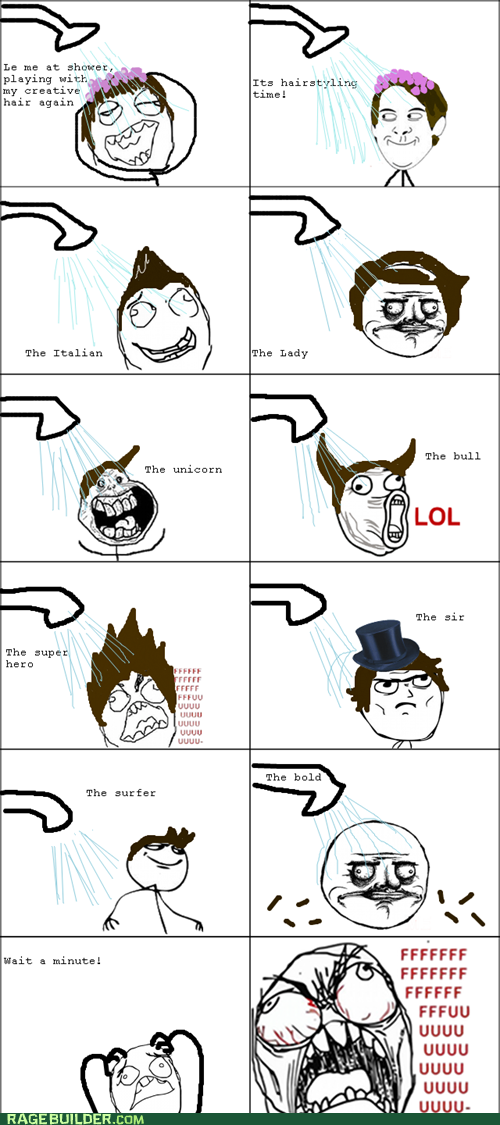
If you're a Democrat who thinks there's something culturally wrong with black people, then racists to you might be people who are Republicans.īy reflexively defining yourself as not racist, or beyond racism's firm grip, you're making it impossible to see how your own ideas, thoughts, and actions could be indeed racist. If you're a white nationalist who's not violent, says Kendi, then you might see the Ku Klux Klan as racist. Kendi says people constantly change the definition of what's racist so it doesn't apply to them.

It's not enough to say, "I'm not racist," and often it's a self-serving sentiment. Kendi goes further, defining the word racist as: "One who is supporting a racist policy through their actions or inaction or expressing a racist idea." This incisive definition forces the reader to hold themselves accountable for their ideas and actions.Īn antiracist, writes Kendi, is "One who is supporting an antiracist policy through their actions or expressing an antiracist idea." 2) Stop saying "I'm not racist." Merriam-Webster defines racism as "a belief that race is the primary determinant of human traits and capacities and that racial differences produce an inherent superiority of a particular race." Few people would admit that definition reflects their views but nevertheless consciously or unwittingly believe in or endorse racist ideas. I wanted to model for people what each and every one of us can do and should do in terms of how deeply critical we need to be of ourselves."īelow are six steps you can follow: 1) Understand the definition of racist.Ĭonversations about racism often suffer when participants can't define the meaning of the word. "I realized that in many ways my sort of story or journey, tracks the journey that many people have gone through or are going through. "I think first and foremost I wanted to convey that this sort of striving to be antiracist is an ongoing journey," says Kendi. Using his own personal evolution as a guide, Kendi lays out the steps we can all take toward confronting the racist ideas we've held and what's required of us to become antiracist instead.
Racist rage comics how to#
"I wanted to convey that this sort of striving to be antiracist is an ongoing journey."Īs the public searches for fresh answers about how to end institutional racism in the wake of George Floyd's death, who died after an officer kneeled on his neck for nearly 9 minutes, it should turn to Kendi's book for essential insight. Kendi argues that without the capacity for honest self-reflection and critical thinking, we'll remain a nation of Americans who, like President Trump, swear they " don't have a racist bone" in their body all while racism and white supremacy persist unchecked, destroying communities and lives. Resources you'll need for raising an antiracist child

One reason racism persists is because most of us cannot see as clearly as Kendi how the mind - and body politic - casually harbors racist ideas. Kendi's surprising, arguably risky self-critical approach illustrates how easily racist thoughts take root and how they're linked to policies that create harmful social, economic, cultural, and political disparities.

He confesses to internalizing racist ideas about black youth behavior as a teen, only to realize that the "mind can never be antiracist" when it thinks there is something wrong with an entire racial group. He writes about once believing that education and hard work would "uplift" black people, no matter the policies that specifically made such success improbable for many black Americans. In his 2019 book, How to Be an Antiracist, Kendi doesn't just upend this assumption - he obliterates it with an unflinching examination of the racist ideas and beliefs he previously held, before embracing antiracist values and views. Conventional wisdom would have you believe that Kendi, by virtue of his identity and life experiences, couldn't be racist himself. Kendi is a black man and an award-winning scholar who's studied the history of racist ideas. Life > Health & Wellness > Mental Health


 0 kommentar(er)
0 kommentar(er)
